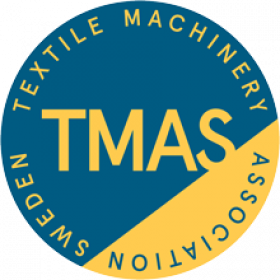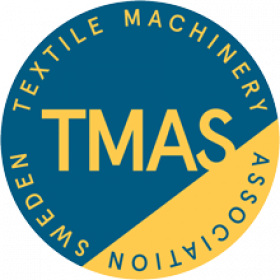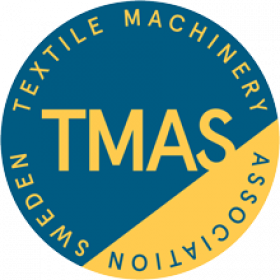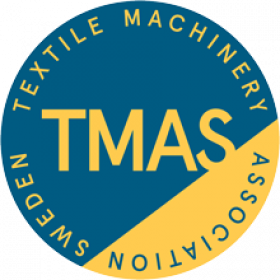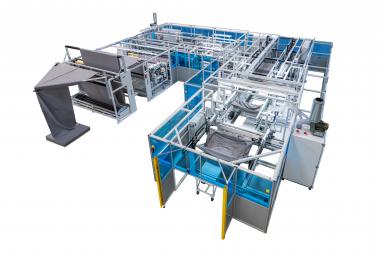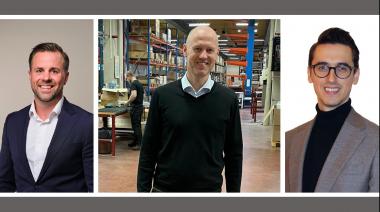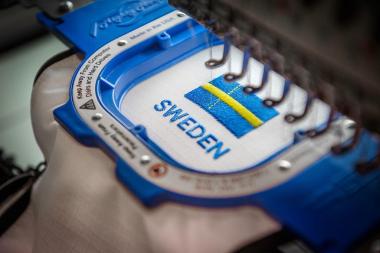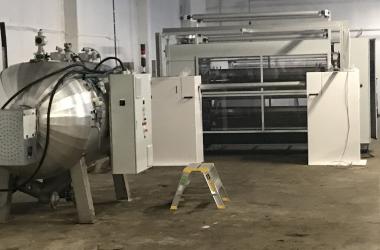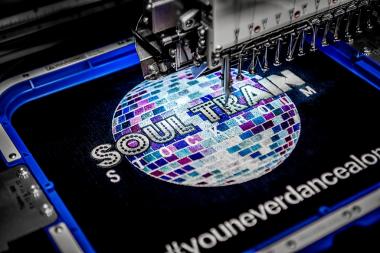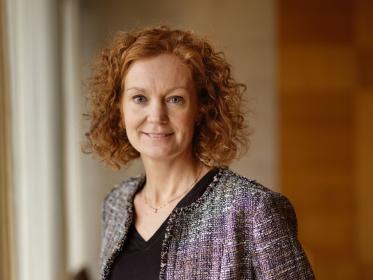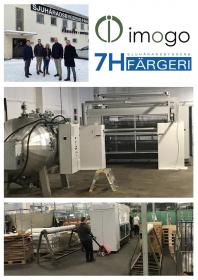TMAS: Digitised solutions at Techtextil and Texprocess
Members of TMAS – the Swedish textile machinery association – will display technologies in alignment with the theme of digitalisation at the forthcoming Techtextil and Texprocess 2024 exhibitions, taking place in Frankfurt from April 23-26th.
Automatic handling
The fully automated and digitised handling solutions for finished garments, home textiles and furniture of Eton Systems, for example, will be demonstrated at Texprocess.
Designed to increase value-added time in production by eliminating manual transportation and minimising handling, the individually addressable product carriers are fully managed and controlled by the latest ETONingenious™ software. This web based real-time data collection and information system continuously accumulates, processes and makes all production information instantly available to supervisors, quality control personnel and management.
Bespoke seams
Svegea will demonstrate its EC 300-XS colarette technology, which is used by garment manufacturers around the world for the production of tubular apparel components such as cuff and neck tapes and other seam reinforcements.
The EC 300-XS collarette cutter on show in Frankfurt is equipped with the latest E-Drive II system providing the operator with a very user-friendly touchscreen, providing full control of the cutting process. An accompanying FA 350 fully automatic roll slitting machine will also be demonstrated.
Digital finishing
At Techtextil meanwhile, Baldwin Technology Co. will provide full details of how its highly digitised TexCoat G4 non-contact spray technology for textile finishing and remoistening not only reduces water, chemicals and energy consumption, but also provides the flexibility to adapt to customer requirements in terms of single and double-sided finishing applications.
TexCoat G4 can reduce water consumption and chemical usage by as much as 50% compared to traditional padding application processes.
Yarn tension
Celebrating its 60th anniversary this year, Eltex will display the latest Eltex EyETM system for the continuous monitoring of yarn tension on warp beams.
The Eltex EyETM eliminates problems when warping, and also in subsequent weaving or tufting processes, monitoring the yarn tension on all positions in real-time and enabling a minimum and maximum allowable tension value it be set. If any yarn’s tension falls outside these values the operator can be warned or the machine stopped.
The Eltex ACT and ACT-R units meanwhile go beyond yarn tension monitoring to actually control yarn tension. This extends the application range greatly. The plug and play system automatically compensates for any differences in yarn tension that arise, for example from irregularities in yarn packages.
Accumulated know-how
Vandewiele Sweden AB benefits from all of the synergies and accumulated know-how of Vandewiele Group, supplying weft yarn feeding and tension control units for weaving looms to the majority of weaving machine manufacturers. It also retrofits its latest technologies to working mills to enable instant benefits in terms of productivity and control.
The company will present its latest X4 yarn feeders with integrated accessory displays (TED) as a new standard, as well as launching its own e-commerce platform – iroonline.com.
The TED function enables weft tension settings to be transferred from one machine to another, enabling a fast start-up the next time the same article is woven. The position of the S-Flex Tensioner is constantly monitored by an internal sensor – even if adjustment is made during power off.
X4 feeders are also available with integrated active tension control (ATC-W) as an option. With the ATC-W active tension control, the required tension is easily set and monitored on the integrated display. Once set, the system constantly regulates itself, ensuring consistent yarn tension during the weaving process which is constantly and accurately measured by the ATC sensor unit, sending a signal to the ATC operator unit resulting in consistently stable yarn tension at the required level.
TMAS - Swedish textile machinery association


